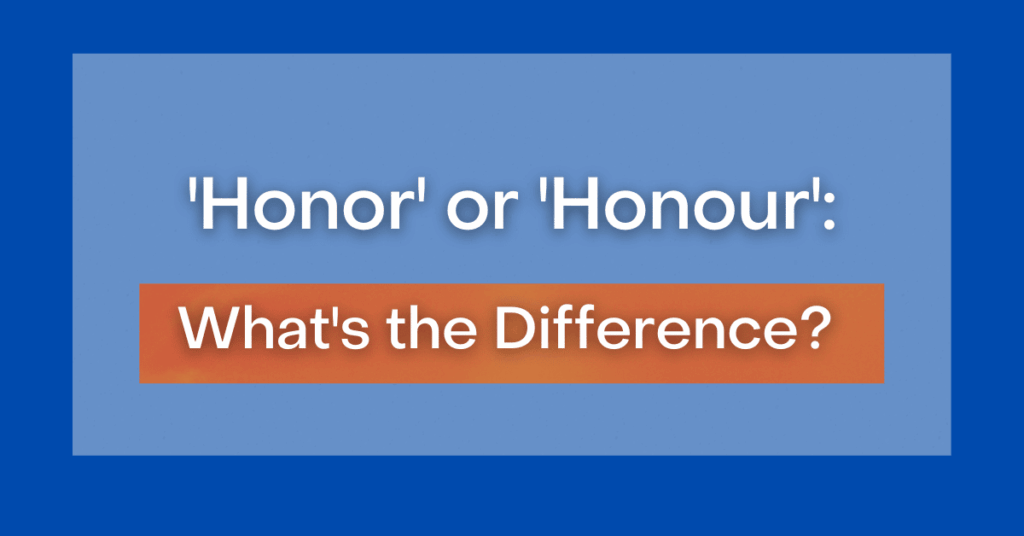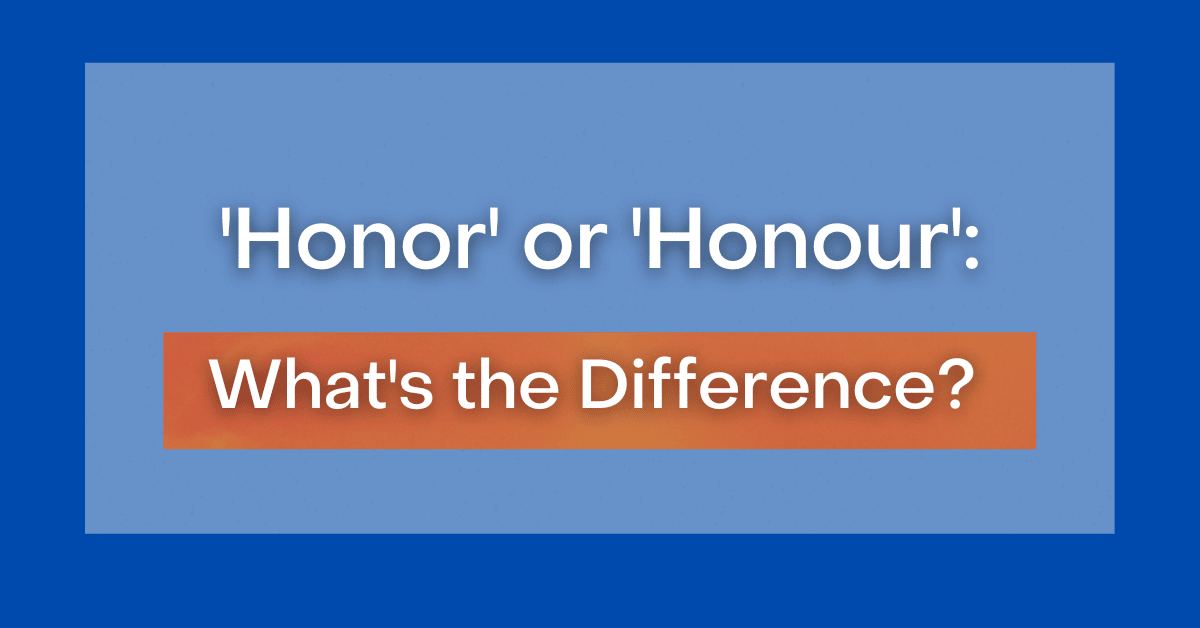
What Does It Mean to Honor Someone? Exploring the True Meaning of Respect and Recognition
In a world often driven by self-interest and fleeting trends, the concept of honoring someone might seem antiquated or even irrelevant. However, the act of honoring others remains a cornerstone of strong relationships, healthy communities, and a morally grounded society. But what does it mean to honor someone, truly? It’s more than just polite gestures or obligatory tributes; it’s a deep-seated recognition of someone’s inherent worth, contributions, and impact on our lives. This article will delve into the multifaceted meaning of honor, exploring its various expressions and highlighting its profound significance in our personal and collective well-being.
Understanding the Essence of Honor
The word “honor” carries considerable weight, often associated with integrity, dignity, and respect. To honor someone is to acknowledge and appreciate their value, whether it stems from their character, accomplishments, or simply their existence. It involves treating them with deference, consideration, and genuine admiration. This recognition goes beyond surface-level pleasantries; it requires a conscious effort to understand and appreciate the individual’s unique qualities and contributions.
Historically, honor was a central tenet of many cultures, shaping social structures and dictating codes of conduct. While the specific expressions of honor may vary across different societies and time periods, the underlying principle remains consistent: recognizing and valuing the worth of others. In essence, to honor someone is to affirm their dignity and acknowledge their significance.
Different Facets of Honoring Others
Honoring someone can manifest in numerous ways, depending on the context and the relationship. Here are some key facets to consider:
- Respectful Communication: Using respectful language, actively listening to their perspectives, and avoiding demeaning or dismissive remarks.
- Appreciation and Gratitude: Expressing sincere appreciation for their efforts, contributions, or simply their presence in your life. This could involve verbal expressions of gratitude, handwritten notes, or thoughtful gifts.
- Recognition and Acknowledgment: Acknowledging their achievements, talents, and hard work. This can be done publicly or privately, depending on the situation and the individual’s preferences.
- Support and Encouragement: Offering support during challenging times and providing encouragement to pursue their goals and aspirations.
- Loyalty and Trust: Demonstrating unwavering loyalty and trust in their abilities and character.
- Forgiveness and Understanding: Extending forgiveness for mistakes and demonstrating understanding in times of conflict.
- Remembering and Celebrating: Remembering important dates, milestones, and achievements in their lives, and celebrating them accordingly.
It’s crucial to tailor your expressions of honor to the individual and the specific situation. What one person perceives as honoring might be different for another. Genuine intent and sensitivity are key to ensuring that your actions are truly appreciated.
Why is Honoring Others Important?
The act of honoring someone is not merely a matter of etiquette or social obligation; it has profound implications for individuals, communities, and society as a whole. Here are some compelling reasons why honoring others is so important:
- Strengthens Relationships: Honoring others fosters trust, respect, and mutual appreciation, which are essential for building and maintaining strong relationships. When people feel valued and respected, they are more likely to reciprocate those feelings, creating a positive cycle of connection and support.
- Promotes a Positive Environment: A culture of honor creates a more positive and supportive environment in workplaces, communities, and families. When people feel honored, they are more likely to be engaged, motivated, and productive.
- Encourages Personal Growth: When people feel honored, they are more likely to believe in themselves and their abilities, which can lead to increased self-confidence and a greater willingness to take risks and pursue their goals.
- Reduces Conflict and Tension: Honoring others can help to reduce conflict and tension by fostering empathy, understanding, and a willingness to compromise. When people feel respected, they are less likely to feel threatened or defensive.
- Creates a More Just and Equitable Society: Honoring others, especially those who are marginalized or disadvantaged, can help to create a more just and equitable society. It involves recognizing the inherent worth of all individuals, regardless of their background or circumstances.
By consistently striving to honor someone, we contribute to a more compassionate, understanding, and harmonious world.
Examples of Honoring in Action
Let’s consider some practical examples of how honoring others can be put into action:
- In the Workplace: A manager who regularly acknowledges and appreciates the contributions of their team members, provides opportunities for professional development, and creates a supportive work environment is demonstrating honor.
- In the Family: A child who listens attentively to their parents, respects their elders, and expresses gratitude for their sacrifices is honoring them. Similarly, parents who provide unconditional love, support, and encouragement to their children are also demonstrating honor.
- In the Community: A volunteer who dedicates their time and energy to helping others, a neighbor who offers assistance to someone in need, and a citizen who actively participates in civic engagement are all examples of honoring others within the community.
- In Personal Relationships: Remembering birthdays, anniversaries, or significant milestones in a friend’s life and celebrating them thoughtfully is a way to honor someone you care about. Offering support during challenging times and being a reliable and trustworthy confidant also demonstrates honor.
These examples highlight the diverse ways in which to honor someone can be expressed in various contexts. The key is to be mindful of the individual’s needs and preferences and to act with sincerity and respect.
Potential Pitfalls to Avoid
While the intention behind honoring someone is generally positive, it’s important to be aware of potential pitfalls that can undermine the sincerity and effectiveness of your efforts:
- Insincere Flattery: Offering empty compliments or exaggerated praise can be perceived as disingenuous and even insulting. It’s important to be genuine and specific in your expressions of appreciation.
- Conditional Honor: Honoring someone only when they meet certain expectations or achieve specific goals can create a sense of pressure and undermine their intrinsic worth. Honor should be unconditional and based on their inherent value as a human being.
- Public Humiliation: Publicly criticizing or embarrassing someone, even if unintentional, can be deeply damaging and undermine their sense of dignity. It’s important to be mindful of your words and actions and to avoid causing unnecessary embarrassment or shame.
- Exploitation: Using honor as a means to manipulate or exploit someone is unethical and harmful. True honor is based on mutual respect and reciprocity, not on taking advantage of others.
By being aware of these potential pitfalls, you can ensure that your expressions of honor are genuine, respectful, and beneficial to the individual you are seeking to acknowledge.
The Long-Term Impact of Honoring Others
The cumulative effect of consistently honoring others is profound. It creates a ripple effect of positivity, strengthening relationships, fostering a sense of community, and promoting a more just and equitable society. When we prioritize honoring others, we contribute to a world where people feel valued, respected, and empowered to reach their full potential.
Moreover, the act of honoring others is often reciprocated, creating a virtuous cycle of mutual appreciation and support. When we treat others with respect and dignity, they are more likely to treat us in the same way. This can lead to stronger relationships, more collaborative partnerships, and a more harmonious society.
Conclusion: Embracing the Power of Honor
In conclusion, what does it mean to honor someone? It’s about recognizing and valuing their inherent worth, appreciating their contributions, and treating them with respect and dignity. It’s about fostering a culture of empathy, understanding, and mutual support. By embracing the power of honor, we can strengthen relationships, promote a positive environment, encourage personal growth, reduce conflict, and create a more just and equitable society.
The next time you interact with someone, take a moment to consider how you can honor someone. A simple act of kindness, a sincere expression of gratitude, or a thoughtful gesture of support can make a world of difference. Let us all strive to create a world where honor is not just a word, but a way of life. Remember, the act to honor someone is a powerful tool for building a better future for ourselves and for generations to come. The more we understand what does it mean to honor someone, the better our relationships and communities will be.
[See also: The Importance of Respect in Relationships]
[See also: How to Show Appreciation to Your Employees]

